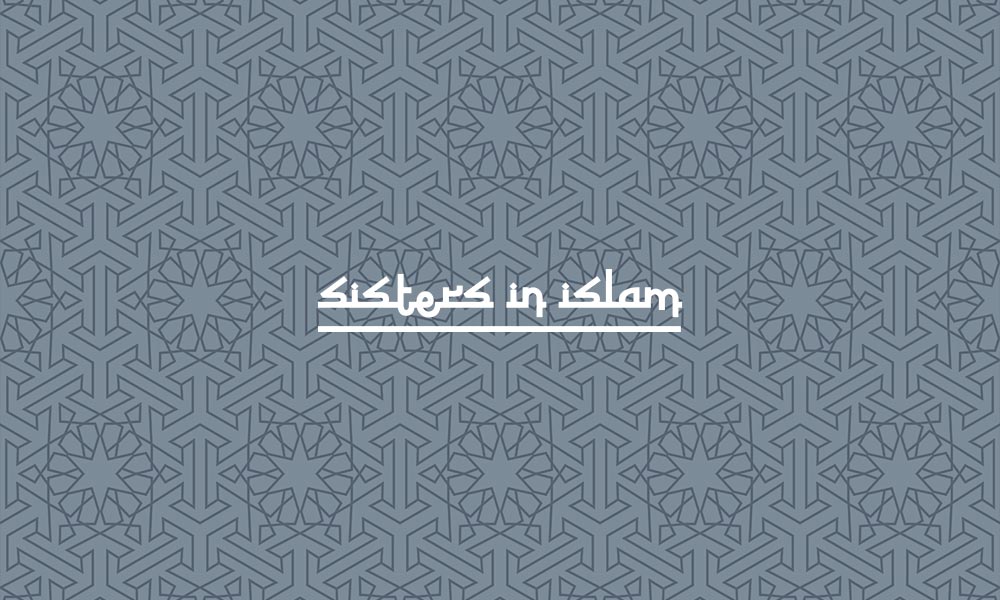Monogamy is NOT against Islam; by Coalition on Women’s Rights in Islam
18 March 2003
- We believe the practice of monogamy is according to hukum syarak.
- We believe polygamy is allowed only in very exceptional circumstances.
- We believe monogamy is the ideal state of marriage in Islam. Surah an-Nisa 4:3 states: “If you fear you shall not be able to deal justly (with your wives) then marry only ONE.”
- We are not calling for a ban on polygamy.
- We are asking that women who cannot live in a polygamous marriage be given the choice to leave that marriage. In an authentic hadith, the Prophet Muhammad (s.a.w.) fobade his son-in-law Ali ibn Abi Talib (r.a.) from marrying another woman unless Ali first divorced the Prophet’s daughter, Fatimah. A great-granddaughter of the Prophet (s.a.w), Sakinah binti Hussein, a granddaughter of Ali and Fatimah, put various conditions in her marriage contract, including the condition that her husband would have no right to take another wife during their marriage.
- We ask that the Religious Departments and the Syariah Courts establish procedures to ensure that the practice of polygamy in this country meets the demands of justice in Islam. These include: The establishment of a computerised national register of Muslim marriages and divorces to enable women to know the marital status of the men they are about to marry; The wife who chooses to stay in the polygamous marriage be given her share of the matrimonial property and to make fair and enforceable arrangements for the maintenance of the wife and children before permission for a polygamous marriage is given or is registered. The standard ta’liq agreement should include the option to give the wife the right to a divorce should her husband take another wife. The procedures for claiming mut’ah, harta sepencarian and maintenance for the children should also be facilitated to prevent undue delays that would cause hardship to the ex-wife and children. The court to establish clear procedure to strictly enforce the four conditions for polygamy under the existing Islamic Family Law. There must be concrete documentary and other evidence to prove that the application for a polygamous marriage meet all four conditions:
- the proposed marriage is just and necessary;
- the financial ability to support existing and future dependents;
- the ability to accord equal treatment to all wives;
- the proposed marriage will not cause darar syarie or harm to the existing wife in respect of religion, life, body, mind, moral or property.
The court to ensure no application for polygamy or registeration of an illegal polygamous marriage can be carried out without the knowledge of the existing wife. The application form for polygamy should be amended to reflect this is an application for polygamy and not an application for marriage as it is now.
We would like to state that since 1996, Sisters in Islam and other women’s groups have submitted four lengthy memorandums to the Government on reform of the Islamic Family Law to ensure that justice is done to Muslim women. Unfortunately, seven years have passed without much positive response. The time has come for the Government to sit down with the women’s groups to find solutions to the long standing problems women face in the syariah system.
Secretariat: Sisters in Islam
Tel: 7960-6121/7960-6122
Fax: 7960 4737 Email:[email protected]
Coalition on Women’s Rights in Islam: Sisters in Islam (SIS), All Women’s Action Society (AWAM), Persatuan Isteri dan Keluarga Polis (Perkep), Persatuan Suri dan Anggota Wanita Perkhidmatan Awam (Puspanita) , Perseketuan Pertubuhan-Pertubuhan Wanita Malaysia (NCWO), Persatuan Pekerja Wanita (PERWANIS), Wanita Perkim Kebangsaan, Wanita Inovatif Jayadiri (WIJADI), Women’s Aid Organisation (WAO), Women’s Candidacy Initiative (WCI), Women’s Centre for Change (WCC) and Wanita Ikram.
